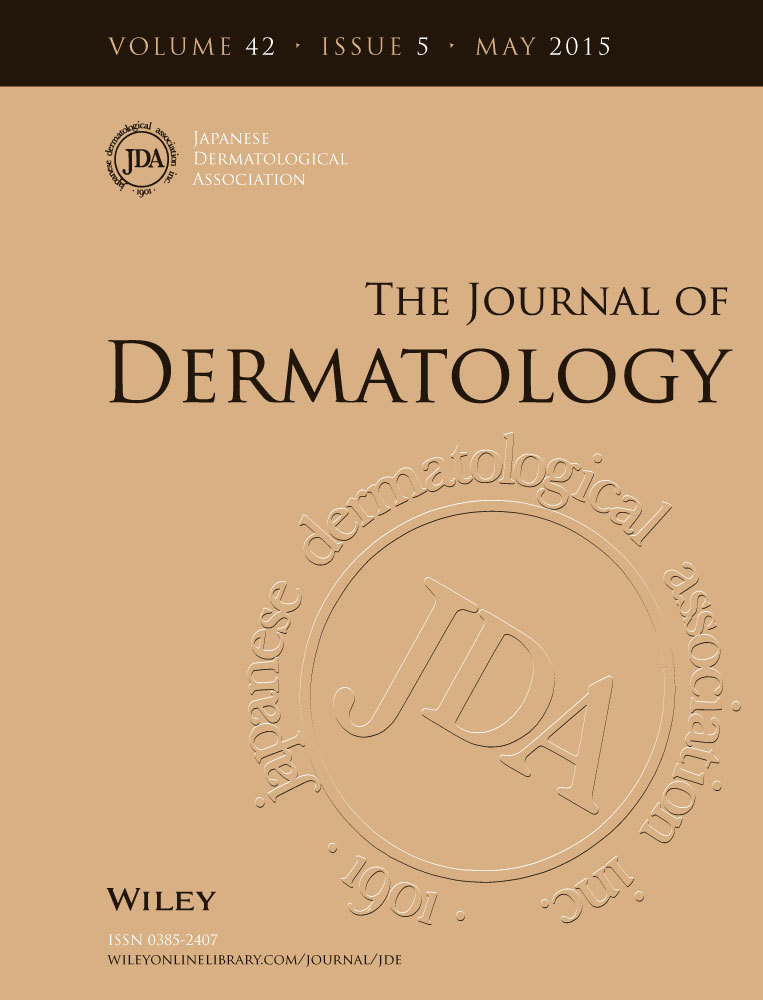Recurrent gastrointestinal perforation in a patient with Ehlers–Danlos syndrome due to tenascin-X deficiency
Abstract
Ehlers–Danlos syndrome (EDS) is a clinically and genetically heterogeneous disorder. Using a customized targeted exome-sequencing system we identified nonsense mutations in TNXB in a patient who had recurrent gastrointestinal perforation due to tissue fragility. This case highlights the utility of targeted exome sequencing for the diagnosis of congenital diseases showing genetic heterogeneity, and the importance of attention to gastrointestinal perforation in patients with tenascin-X deficient type EDS.




